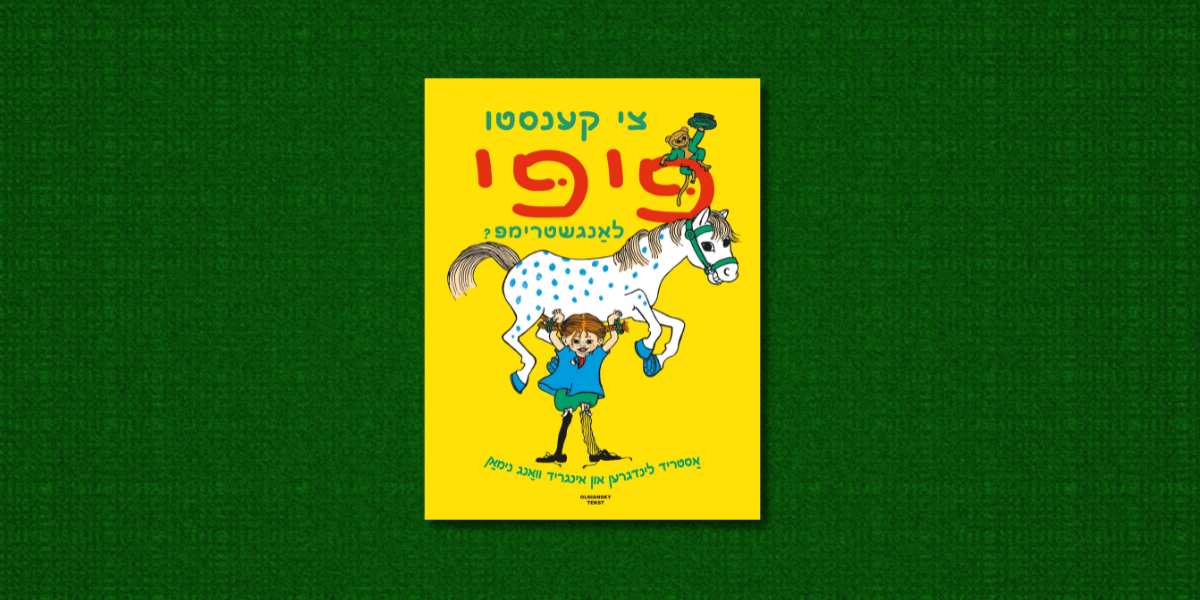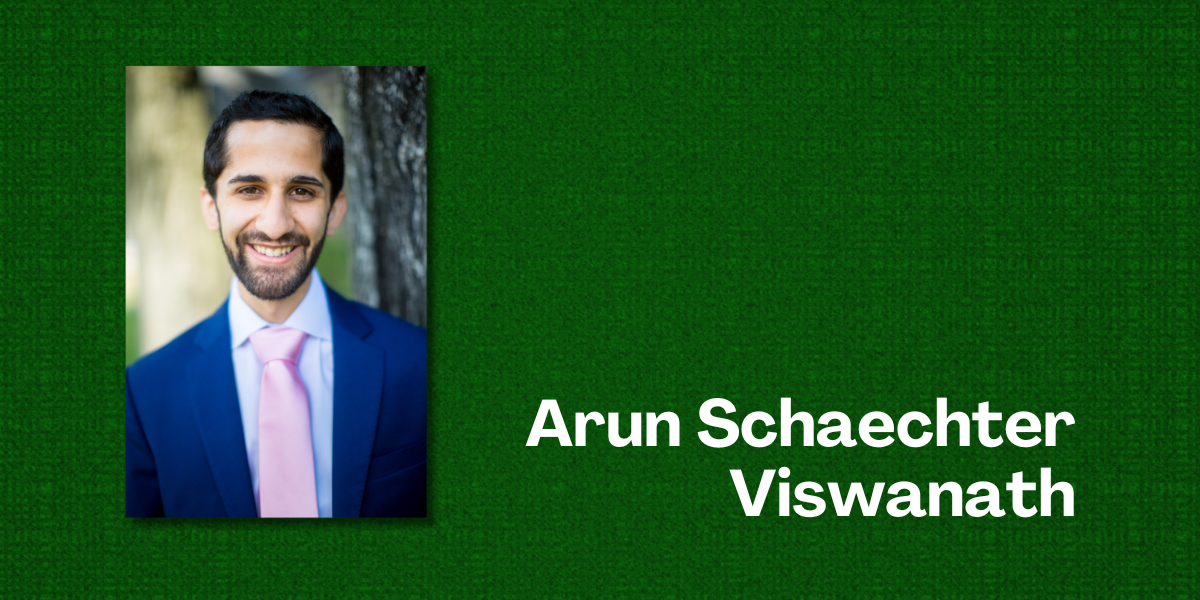Books
Pippi Longstocking Is Now Available In Yiddish!

Astrid Lindgren’s beloved character, Pippi Longstocking, the Swedish girl with red braids and superhuman strength, may have found a new fanbase—Yiddish speakers.
Tsi Kenstu Pipi Langshtrimp?, based on the book Do You Know Pippi Longstocking?, has been published in its original picture book form, except in the Yiddish version, Lindgren’s lovable gingi is called Pipi Langshtrimp.
The man behind the translation is Arun Schaechter Viswanath, a New York City-based Yiddishist whose day job is as an algorithm strategist at Instagram. The 34-year-old grew up in a Modern Orthodox family in Teaneck, N.J., where he spoke Yiddish at home along with Tamil, learned from his Indian father.
Viswanath’s Yiddish yichus, or lineage, is impressive: His mother, Gitl Schaechter-Viswanath, edited a comprehensive English-Yiddish dictionary; his grandfather, Mordkhe Schaechter, was a Yiddish professor at Columbia University; and his aunt Rukhl Schaechter is the editor of the Yiddish Forverts. Despite having no academic training in Yiddish, Viswanath, a married father of two, has spent considerable time taking on ad hoc translation projects.
Viswanath, who graduated from Harvard with a degree in linguistics and a minor in Japanese, had previously translated Harry Potter and the Philosopher’s Stone (Harry Potter un der Filosofisher Shteyn), the first volume in J.K. Rowling’s series. That edition, which was released in 2020 and sold out its first run in 48 hours, was published by Olniansky Tekst Farlag, a Swedish-Jewish publishing house specializing in modern Yiddish literature. (Viswanath managed to learn Swedish over the past five years.)
In July, he launched the second in the series, Harry Potter un di Kamer Fun Soydes (Harry Potter and the Chamber of Secrets).

It might surprise some that Sweden has become a popular hub for Yiddish publishing, but not Viswanath.
“Sweden is actually the only country in the world where Yiddish is recognized as an official language,” he said, noting its large post-World War II influx of Yiddish-speaking Jews. With government recognition comes eligibility for funding media projects. So after Viswanath was invited to present a translation seminar to a Yiddish institution there, a local suggested that he translate Pippi Longstocking.
For Viswanath, Yiddish remains important to learn and to nurture even as Hebrew has become the common language for Jews.
“Part of what makes the Jewish people unique, aside from our unity, is our diversity, and it’s a really beautiful thing when people are able to connect with their ancestral Jewish communities,” Viswanath said. “There doesn’t have to be a competition between the two,” he said about the languages. “The more the better.”










 Facebook
Facebook Instagram
Instagram Twitter
Twitter
Diane Duberstein says
How can I purchase a copy of Pippy Longstockings? Thank you
Elaine says
Click on the Yiddish title (in red).
Takes you to:
https://pippi.olniansky.com/